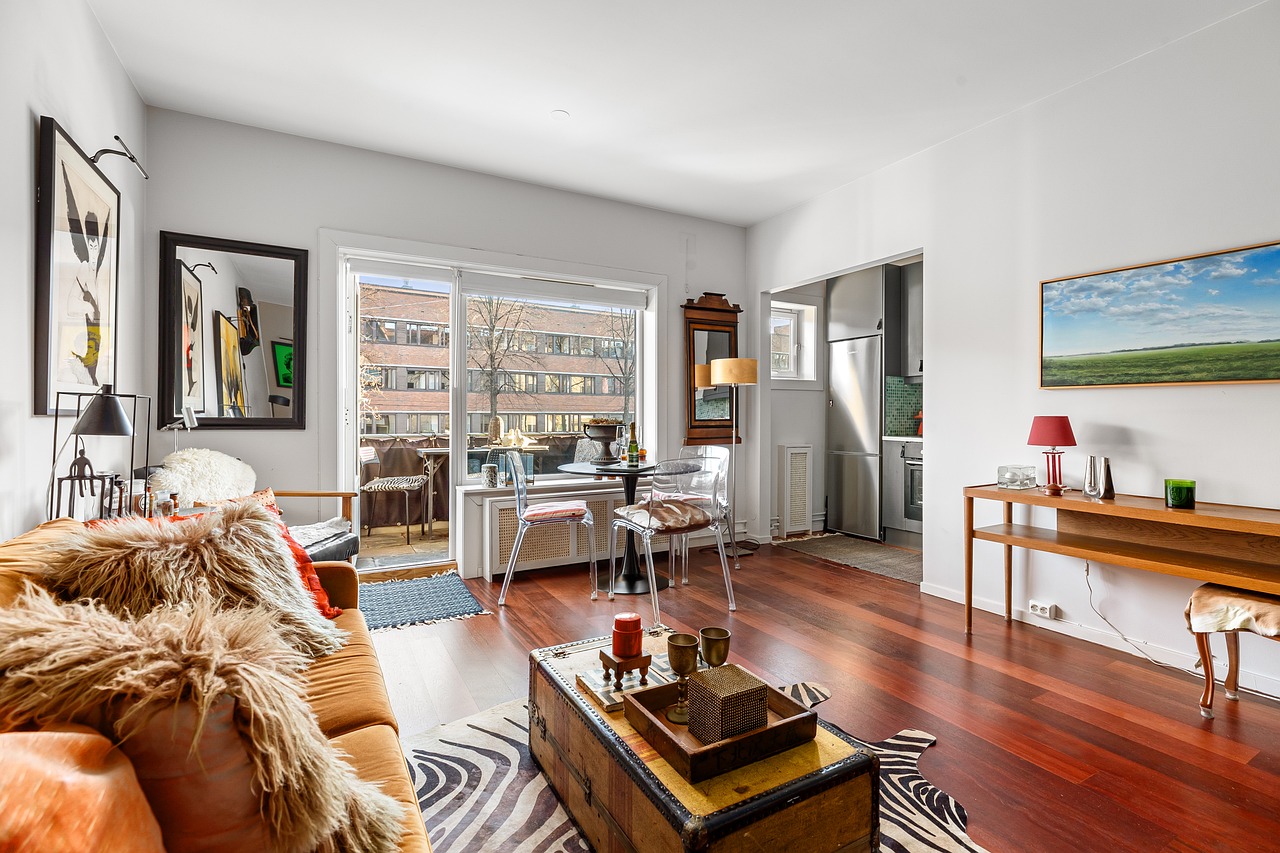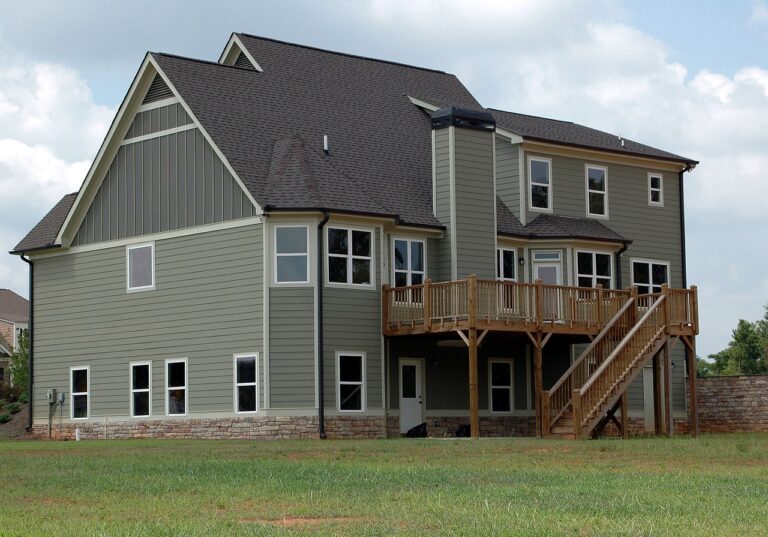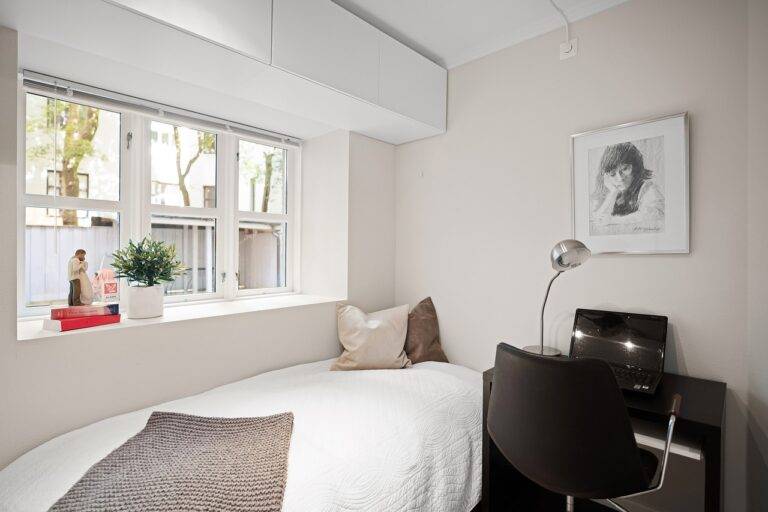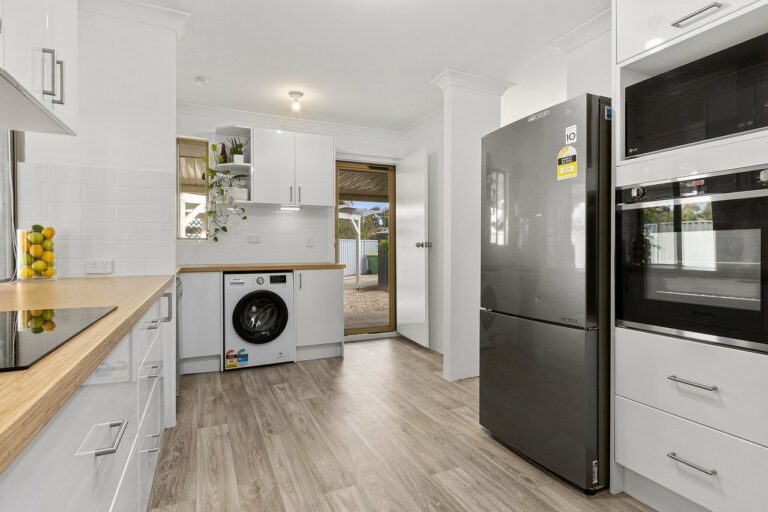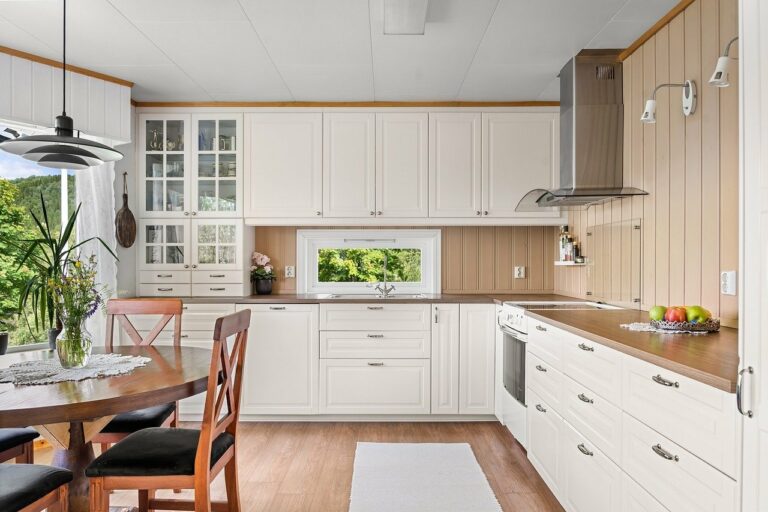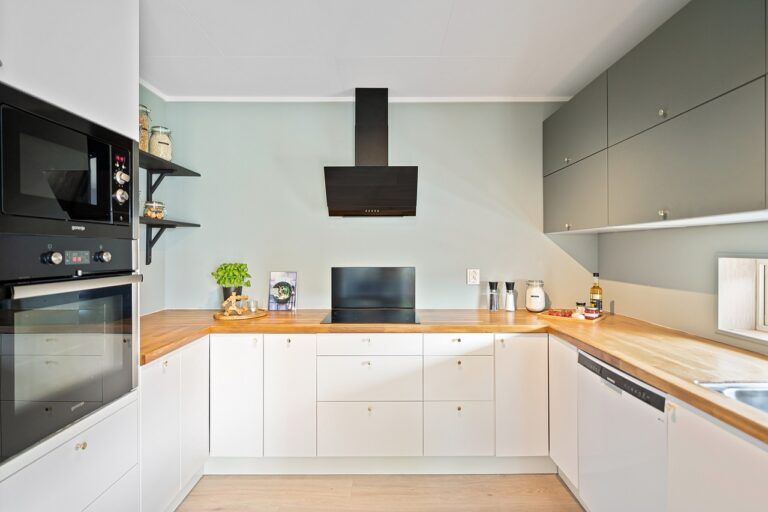The Role of Ventilation in Home Renovations: Cricbet99.win register, Sky 99 exch, Reddy book club
cricbet99.win register, sky 99 exch, reddy book club: When it comes to renovating a home, most people focus on aesthetics and functionality. However, one crucial aspect that is often overlooked is ventilation. Proper ventilation is essential for maintaining a healthy and comfortable living environment, yet it is often underestimated in home improvement projects. In this article, we will explore the role of ventilation in home renovations and why it is so important.
Why is ventilation important in home renovations?
Ventilation plays a vital role in maintaining indoor air quality, reducing moisture levels, and preventing mold growth. Poor ventilation can lead to a buildup of pollutants, allergens, and other harmful particles in the air, which can have a negative impact on our health. It can also result in high humidity levels, which can promote the growth of mold and mildew in the home.
Proper ventilation is particularly important in areas like the kitchen, bathroom, and basement, where moisture levels tend to be higher. Installing exhaust fans or range hoods in these areas can help to remove excess moisture and odors, improving air quality and preventing mold growth.
In addition to improving indoor air quality, proper ventilation can also help to regulate temperature and reduce energy costs. By allowing fresh air to circulate throughout the home, ventilation can help to maintain a comfortable temperature and reduce the need for heating and cooling systems.
What are some common ventilation options for home renovations?
There are several ventilation options available for home renovations, depending on the specific needs of your home. Some common options include:
1. Exhaust fans: These are typically installed in bathrooms, kitchens, and laundry rooms to remove excess moisture and odors from the air.
2. Attic vents: These help to remove hot air from the attic, reducing heat buildup in the home and preventing damage to the roof and insulation.
3. Whole-house ventilation systems: These systems provide continuous air exchange throughout the home, improving indoor air quality and reducing humidity levels.
4. Window vents: These can be installed in windows to allow for natural ventilation and fresh air circulation.
How can proper ventilation be incorporated into a home renovation project?
When planning a home renovation project, it is essential to consider ventilation from the outset. Working with a professional contractor or HVAC specialist can help you determine the best ventilation options for your specific needs and budget. Here are some tips for incorporating proper ventilation into your renovation project:
1. Assess your current ventilation system: Start by evaluating the existing ventilation system in your home to determine if any improvements are needed.
2. Identify problem areas: Identify areas in your home where ventilation is poor or where moisture levels tend to be high, such as the bathroom or basement.
3. Consider installing exhaust fans: Installing exhaust fans in key areas like the kitchen and bathroom can help to improve indoor air quality and prevent moisture buildup.
4. Improve attic ventilation: Proper attic ventilation is essential for reducing heat buildup in the home and preventing damage to the roof and insulation.
5. Consider whole-house ventilation systems: Whole-house ventilation systems provide continuous air exchange throughout the home, ensuring optimal indoor air quality.
Incorporating proper ventilation into your home renovation project can help to create a healthier and more comfortable living environment for you and your family. By taking the time to assess your ventilation needs and work with a professional contractor, you can ensure that your home renovation project is a success.
FAQs
1. How can I tell if my home needs better ventilation?
You may need better ventilation if you notice condensation on windows, musty odors, mold growth, or stuffy air in your home.
2. Can I install ventilation systems myself, or should I hire a professional?
While some ventilation improvements can be done DIY, complex systems or installations should be done by a professional to ensure safety and efficiency.
3. How much will it cost to improve ventilation in my home?
The cost of improving ventilation in your home will depend on the size of your home, the type of ventilation system needed, and the complexity of the installation. It is recommended to get quotes from multiple contractors to find the best option for your budget.

